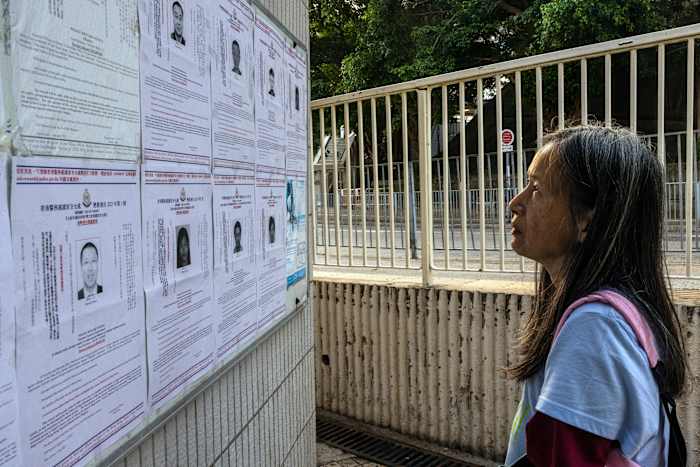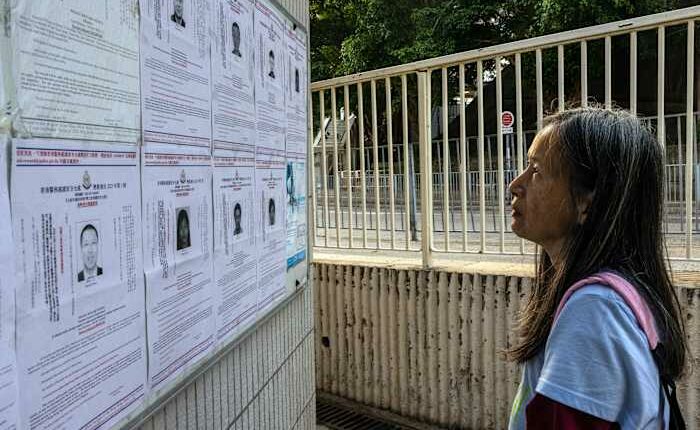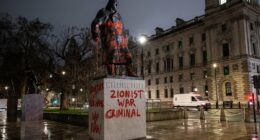Share this @internewscast.com

HONG KONG — On Monday, Hong Kong authorities intensified their actions against 16 overseas-based activists, already targets of bounties for allegedly compromising national security. The measures include cutting off financial support and revoking the passports of most involved.
In July, these activists were among 19 individuals for whom arrest warrants were issued due to their alleged involvement in the Hong Kong Parliament, deemed by police as a subversive international group. This organization is neither the official legislative body of the city nor does it have significant influence.
Three of the original 19 activists were already targeted by similar measures last year.
Security Secretary Chris Tang has barred any financial support or economic assistance to the 16 activists, including individuals such as Victor Ho, Keung Ka-wai, Australian scholar Chongyi Feng, and U.S. citizen Gong Sasha, according to a statement from the Hong Kong government.
Travel documents were canceled for 12 of the 16 who hold Hong Kong passports.
Additionally, the government has restricted leasing property to them or engaging in joint business ventures. Anyone breaching these directives faces up to seven years in prison.
According to the government, these 16 activists are currently residing in the U.K., the U.S., Canada, Germany, Australia, Thailand, and Taiwan, among other locations, and continue activities deemed as threats to national security.
The notice also accused them of intending to incite hatred against Beijing and Hong Kong through smear and slander.
“We therefore have taken such measures to make a significant impact,” the statement said.
The national security law, imposed by Beijing in 2020, has largely quashed public dissent following significant anti-government protests in 2019, resulting in many activists being arrested, silenced, or compelled into exile.
The measures announced Monday were issued under the powers granted by Hong Kong’s homegrown national security law enacted last year.
The arrest warrants issued in July have drawn criticism from foreign governments, including the U.S., the U.K. and the European Union. Police offered rewards of 200,000 Hong Kong dollars ($25,480) to 1 million Hong Kong dollars ($127,400) for information leading to their arrests.
In a July statement, U.S. Secretary of State Marco Rubio condemned the moves.
“The extraterritorial targeting of Hong Kongers who are exercising their fundamental freedoms is a form of transnational repression,” he said. “We will not tolerate the Hong Kong government’s attempts to apply its national security laws to silence or intimidate Americans or anyone on U.S. soil.”
The Hong Kong office of the Chinese Foreign Ministry responded by opposing criticism from foreign politicians, insisting the actions were legitimate.
The governements in Beijing and Hong Kong said the security laws were necessary for the city’s stability.
Copyright 2025 The Associated Press. All rights reserved. This material may not be published, broadcast, rewritten or redistributed without permission.











